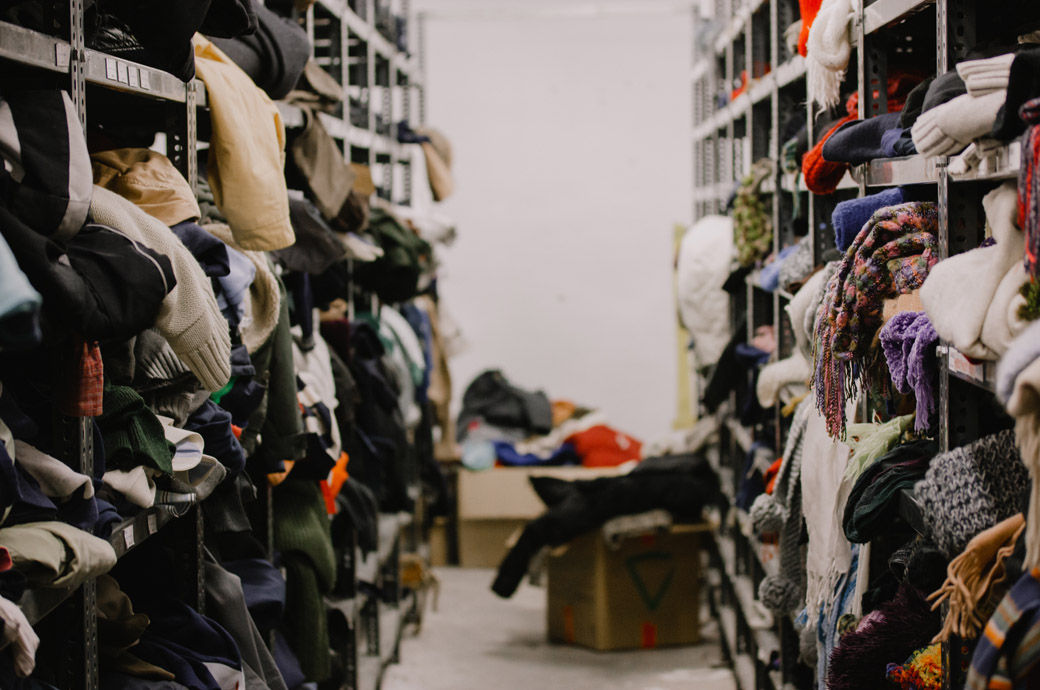
Textile waste, often consisting of blended yarns, is difficult to recycle due to the challenges and high cost of sorting, depolymerisation, and dissolution. Shou’s research titled, ‘Development of multi-functional building clothing using textile waste for energy saving and waste reduction’, has recently been supported by the Green Tech Fund in Hong Kong. It proposes collecting textile waste to develop a sustainable building envelope for thermal insulation and radiative cooling by a mass production method, the university said in a press release.
The reuse of textile waste as the thermal insulation for sustainable buildings will be an effective green technology that synergistically combines two crucial components in achieving carbon neutrality in Hong Kong: textile waste recycling and building energy saving.
By leveraging photon engineering, nature-inspired design, and heat transfer optimisation, the proposed ‘building clothing’ will excel in managing the temperature of buildings. In addition to minimising thermal conductivity, the textile-reinforced hierarchical microstructures and colourants will selectively reflect solar heat, including visible light (VIS) and near-infrared (NIR), while emitting thermal radiation in the long-wave infrared (LWIR) spectrum. Furthermore, it effectively repels water and dirt on the surface, ensuring consistent performance and robustness.
This multi-functional ‘building clothing’, enhanced with multi-color aesthetics, is highly durable, lightweight, and flame-resistant, making it compatible with a variety of scenarios such as residential and factory buildings, village houses, stilt houses, substations, container apartments, curtains, canopies, and tents.
The reuse of textile waste as thermal insulation for sustainable buildings is an effective green technology that synergistically combines two crucial components in achieving carbon neutrality in Hong Kong: textile waste recycling and building energy saving.
Fibre2Fashion News Desk (RR)